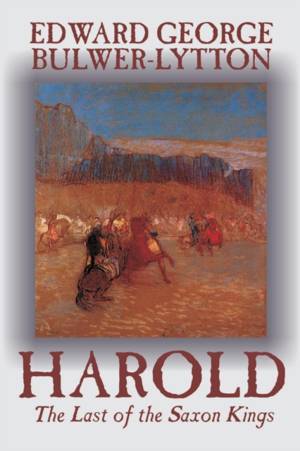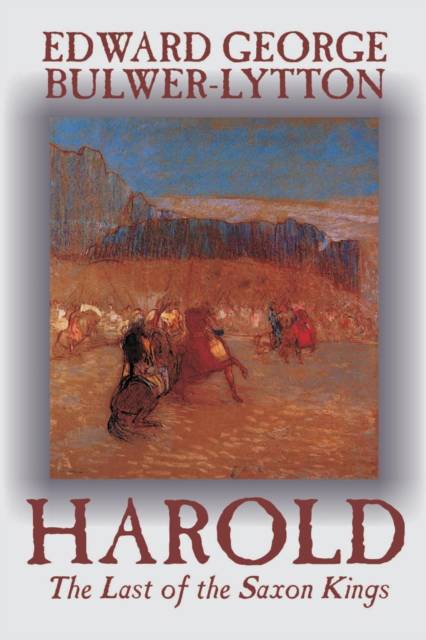
- Retrait gratuit dans votre magasin Club
- 7.000.000 titres dans notre catalogue
- Payer en toute sécurité
- Toujours un magasin près de chez vous
- Retrait gratuit dans votre magasin Club
- 7.000.0000 titres dans notre catalogue
- Payer en toute sécurité
- Toujours un magasin près de chez vous
Harold by Edward George Lytton Bulwer-Lytton, Fiction, Literary
Edward George Bulwer-LyttonDescription
The love story of Harold and Edith is told differently from the well-known legend, which implies a less pure connection. But the whole legend respecting the Edeva faira (Edith the fair) whose name meets us in the "Domesday" roll, rests upon very slight authority considering its popular acceptance; and the reasons for my alterations will be sufficiently obvious in a work intended not only for general perusal, but which on many accounts, I hope, may be entrusted fearlessly to the young; while those alterations are in strict accordance with the spirit of the time, and tend to illustrate one of its most marked peculiarities. More apology is perhaps due for the liberal use to which I have applied the superstitions of the age. But with the age itself those superstitions are so interwoven -- they meet us so constantly, whether in the pages of our own chroniclers, or the records of the kindred Scandinavians -- they are so intruded into the very laws, so blended with the very life, of our Saxon forefathers. . . . -- Edward George Bulwer-Lytton
Spécifications
Parties prenantes
- Auteur(s) :
- Editeur:
Contenu
- Nombre de pages :
- 528
- Langue:
- Anglais
Caractéristiques
- EAN:
- 9780809592661
- Date de parution :
- 01-03-04
- Format:
- Livre broché
- Format numérique:
- Trade paperback (VS)
- Dimensions :
- 152 mm x 229 mm
- Poids :
- 766 g

Les avis
Nous publions uniquement les avis qui respectent les conditions requises. Consultez nos conditions pour les avis.






